Reggio Calabria is a city rich in history. Its foundation dates back to 734 BC by the Greek Chalcidian. Since then, the city has always been resurrected on the same site, even after the disastrous earthquake of 1908 that utterly destroyed it. However, it was following this event that the vestiges of classical Reggio and of its rich history emerged. From there, the foundation of the Magna Grecia Museum soon after contributed to the culture and beauty of the Reggio area. Today, Reggio is a cultural city and not only thanks to its museum, but also the Pinacoteca Civica ("Civic Art Gallery"), the Castello Argonese (“Argonese Castle”), the Teatro Comunale (“Community Theatre”) and the Museo del Bergamotto (“Bergamot Museum”).
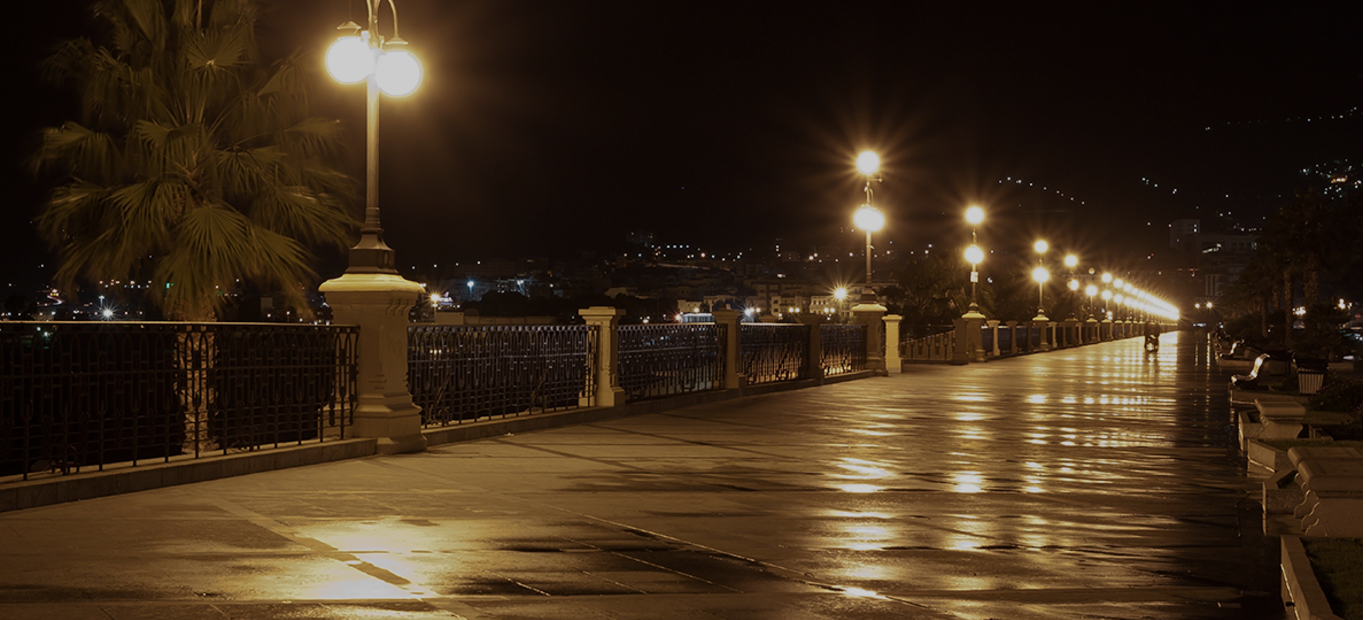
Numbers
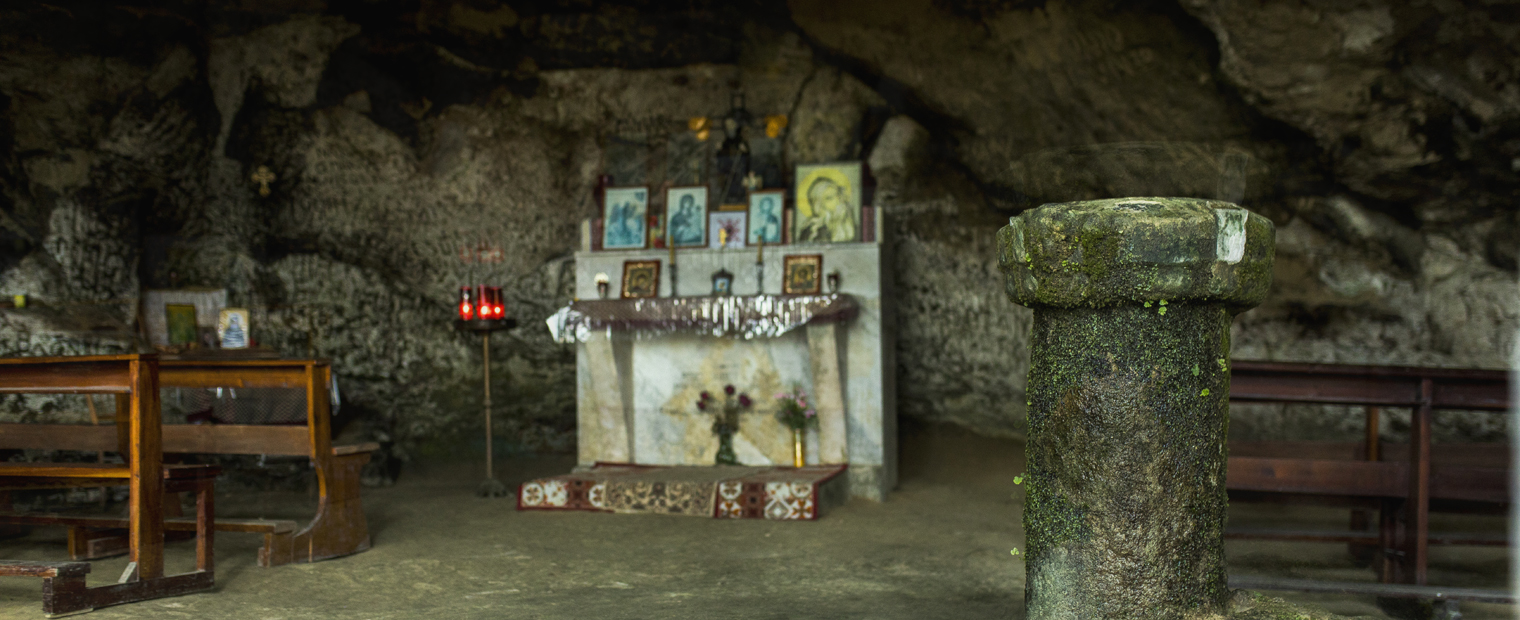
Saint Elia “the Speleota”
According to “Vita”, the main source for his biography penned by anonymous monk that was collected in a single manuscript in 1308, written in the monastery of S. Salvatore in the language of Phari in Messina, Elia was born in Reggio to a wealthy family between 860 and 865. As a child, he lost his ha [...]
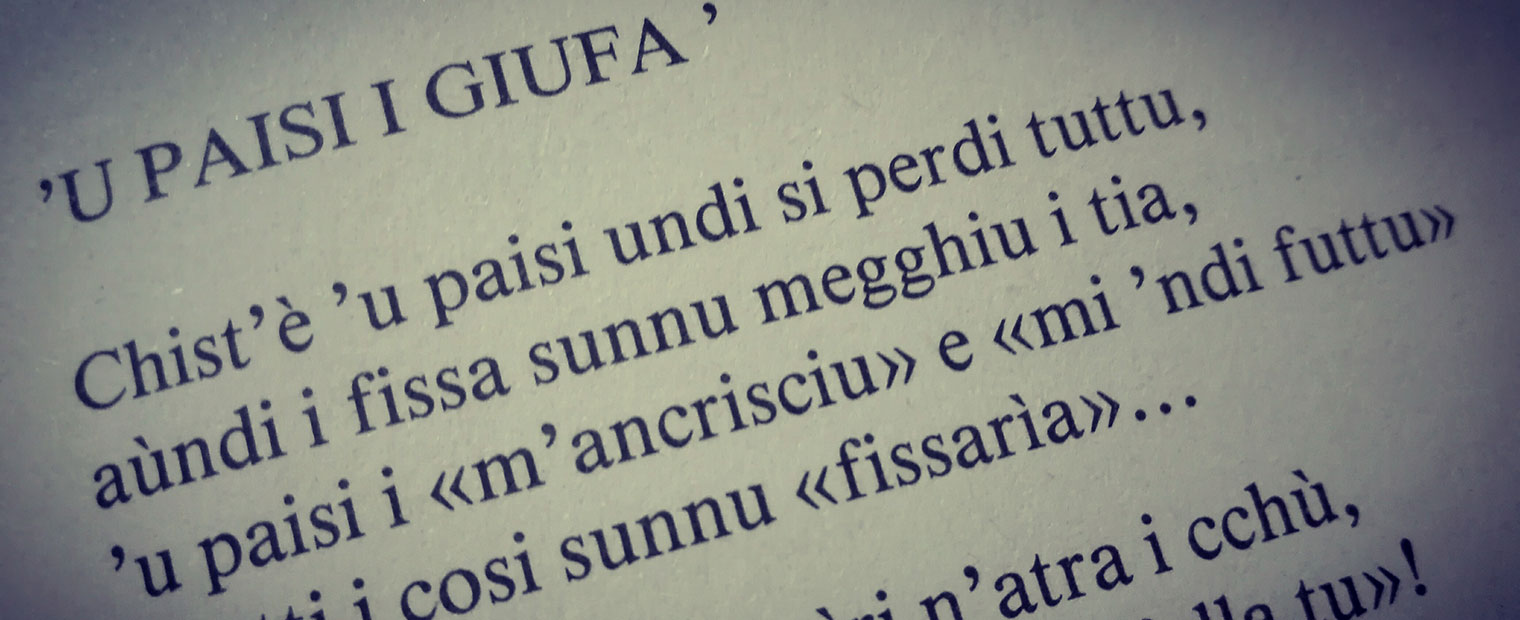
The Reggio Dialect. The language of the Strait.
Difficult to place in the Italian linguistic panorama, the Reggio dialect, called “Riggitanu”, blends elements of various forms into the language that is traditionally spoken.
In fact, the Reggio area was established over the centuries through the fusion of various spoken languages in the so-call [...]
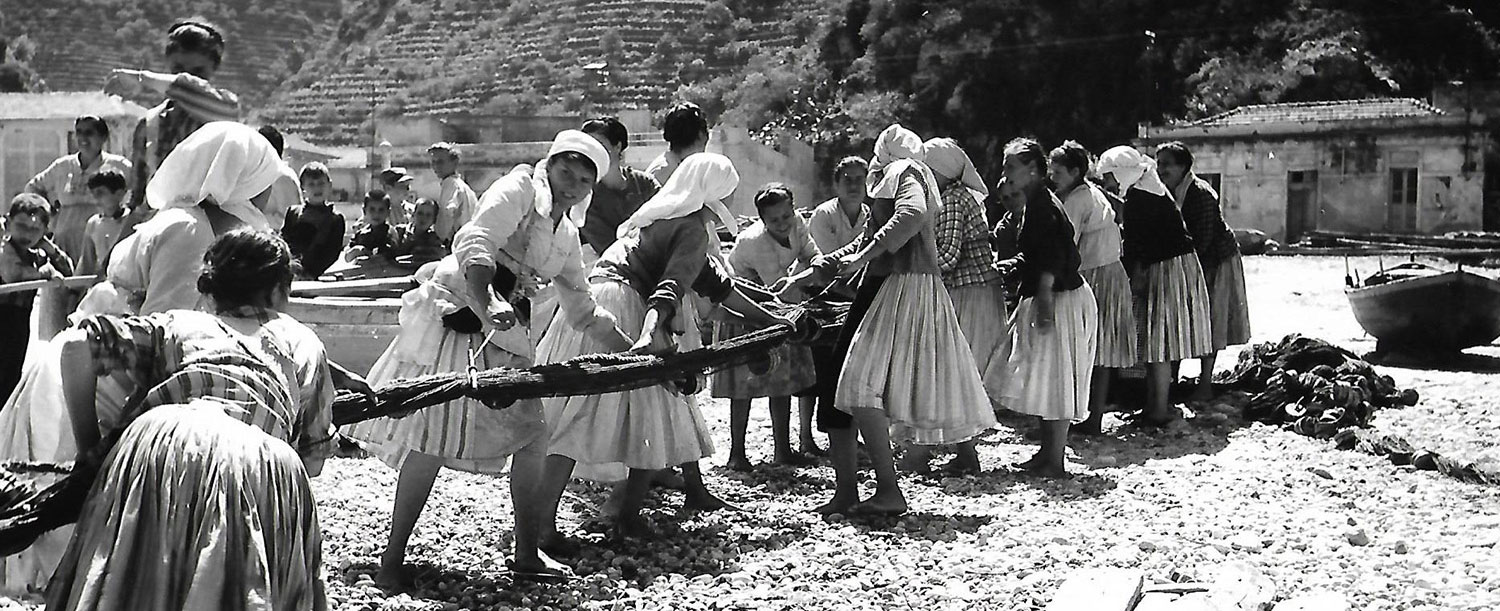
The strength of the Bagnara women: the history and legend of the Bagnarote
Over the centuries, this typical female character of the town of Bagnara has been praised by writers, poets, and journalists who have worshipped this figure with stunning pages of tales and admiration.
After the 1783 earthquake, the small community of Bagnara Calabra was destroyed like many small [...]
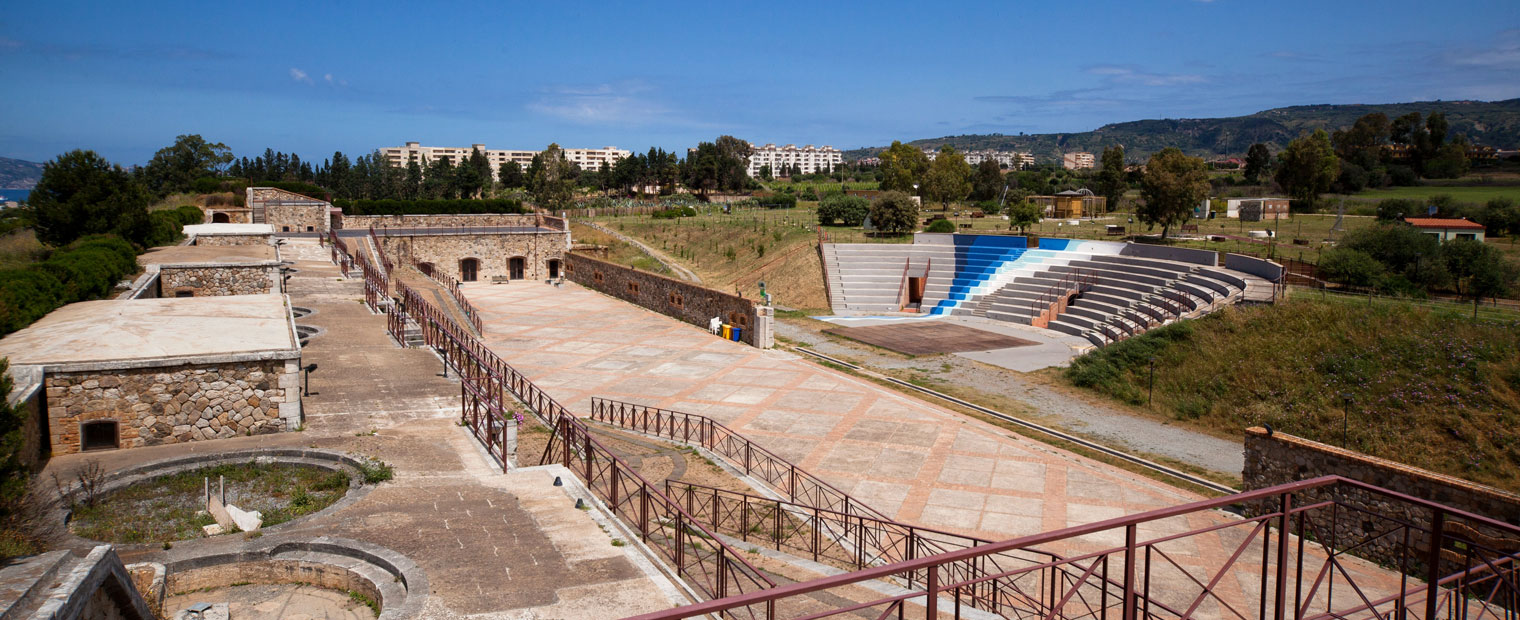
The thousand souls of Ecolandia
Air, fire, water, and earth. These four elements identify the technological environmental amusement park called Ecolandia. It is a place where the beauty of the landscape blends with important activities that promote culture, social interaction, and the environment. Hence, therefore, the reference t [...]
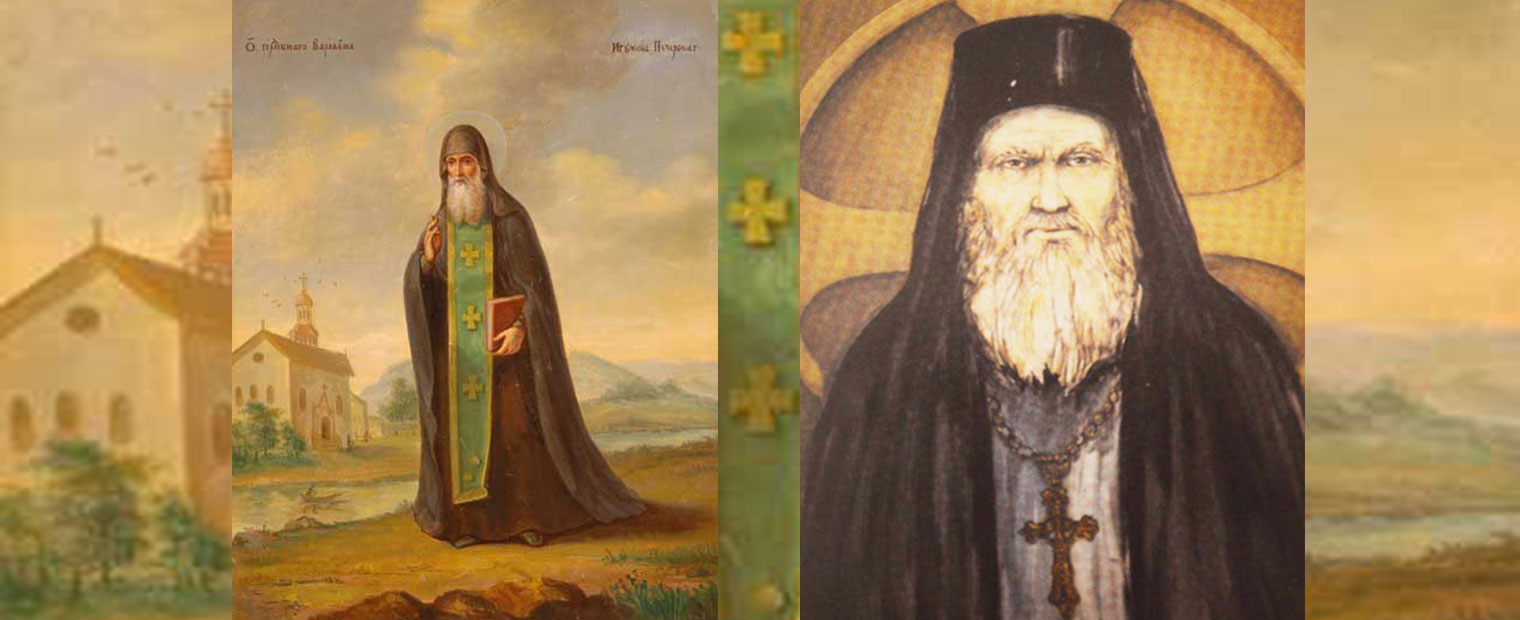
Barlaam: the Calabrian monk who taught Petrarch Greek
Barlaam di Seminara, also called Barlaam Calabro, was born in Seminara in the province of Reggio Calabria in 1290. He died in Avignon on 1 June 1348.
He explored many fields of human knowledge in his intellectual life, acting as a mathematician, philosopher, Catholic Bishop, Theologian, and schol [...]
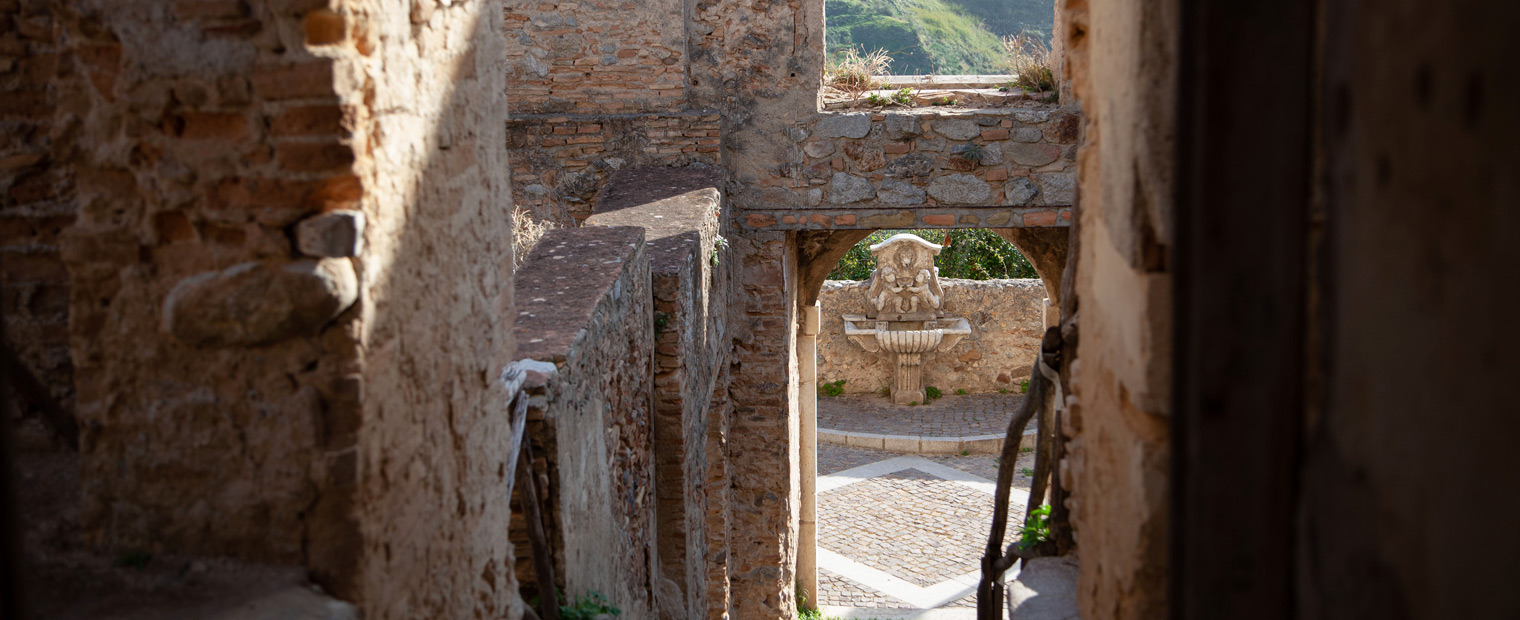
Fiumara, the village’s charm suspended between the sea and mountains
Fiumara, a small village born following the arrival of communities that sought shelter from the continuous raids and looting by Saracen pirates from the coast, in the area occupied today by Villa San Giovanni towards the inland, was founded between the 9th and 10th centuries. After maintaining the d [...]
